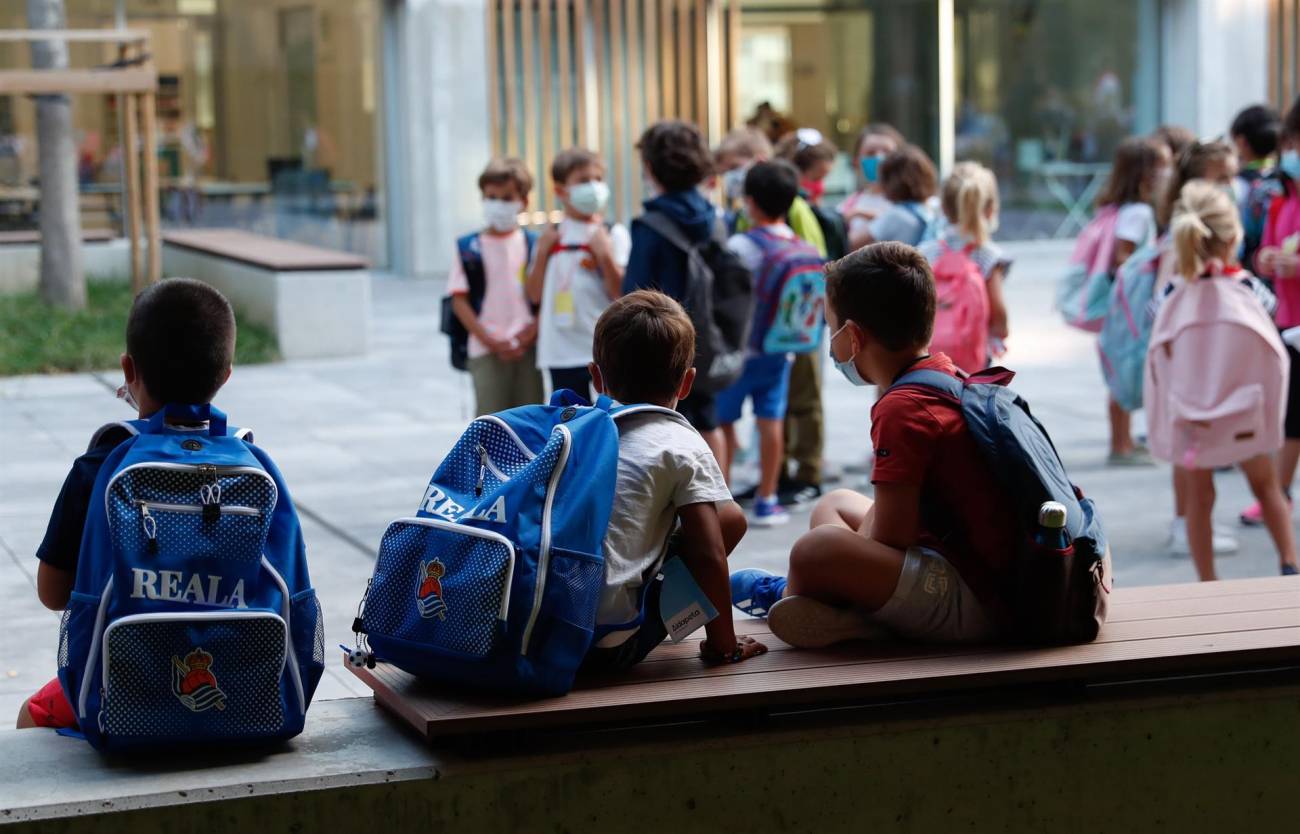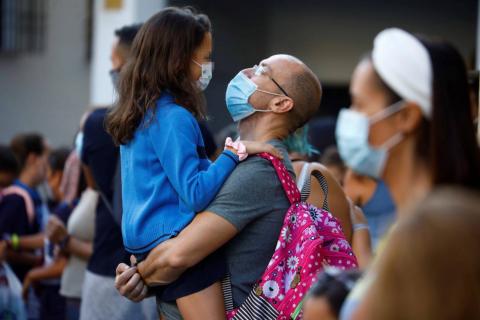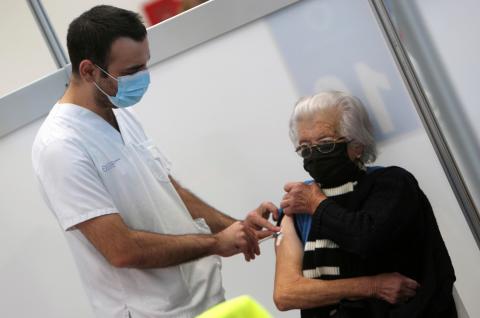Reaction to the study on long covid in children up to 14 years of age
After the acute phase of SARS-CoV-2 infection, children may develop long covid-19 symptoms. Research published in The Lancet Child and Adolescent Health examines the prevalence of these symptoms, quality of life, number of sick days, absences from school, and psychological and social outcomes in children aged 0-14 years who had been infected with SARS-CoV-2.

Vicky Fumadó - long covid niños ES
Vicky Fumadó
Pediatrician at Sant Joan de Déu Hospital in Barcelona
There are few studies on long covid in children. This one is well designed and the sample is large enough to draw conclusions.
Even using the WHO definition, which is the one used in the article, it is difficult to define Long covid [persistent covid], and this makes it difficult to follow up cases, which in this paper is adequate. The most important conclusions found is that in the group of child cases with a history of SARS-CoV-2 infection in all age groups 0-14 years there is a higher prevalence of long-lasting symptoms compared to age- and sex-matched controls and, among the older respondents, more females than males had long-lasting symptoms. Although the control group also described symptoms. In the older control groups there is a trend towards better quality of life scores.
These results found in children are relevant. Although it is necessary to clarify the diagnoses after COVID-19, and to assess how the symptoms have been treated and also the emotional state of the patients.
Selina Kikkenborg Berg et al.
- Research article
- Peer reviewed
- Observational study
- People



